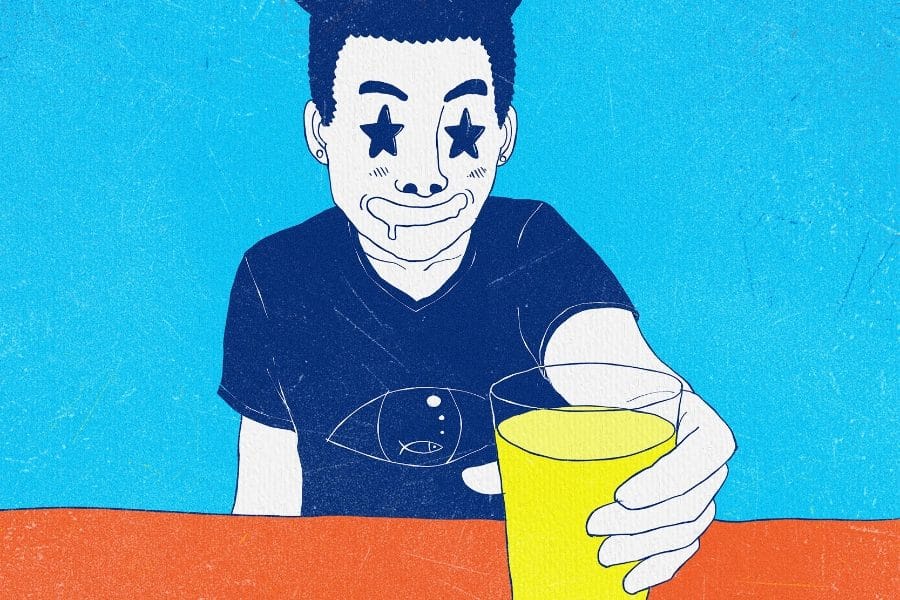

· By Sunit Kaul
Alcohol and a Good Night's Sleep Don't Mix
Anyone who drinks alcohol from time to time knows that beer, wine, or spirits can sometimes leave you feeling drowsy. But while alcohol, a depressant, can help you fall asleep faster, it also contributes to poor quality sleep later. Here’s what happens—behind your closed eyes—when you go to sleep after drinking.
1. There’s a battle of sleep rhythms
Drinking alcohol before bed is linked with more slow-wave sleep patterns called delta activity. That’s the kind of deep sleep that allows for memory formation and learning. At the same time, another type of brain pattern—alpha activity—is also turned on. Alpha activity doesn’t usually happen during sleep, but rather when you’re resting quietly. Together the alpha and delta activity in the brain after drinking may inhibit restorative sleep.2. It can interrupt your circadian rhythm
While you may fall asleep quickly after drinking, it's also common to wake up in the middle of the night. One explanation is that alcohol may affect the normal production of chemicals in the body that trigger sleepiness when you’ve been awake for a long time, and subside once you’ve had enough sleep. After drinking, production of adenosine (a sleep-inducing chemical in the brain) is increased, allowing for a fast onset of sleep. But it subsides as quickly as it came, making you more likely to wake up before you’re truly rested.3. It blocks REM sleep
Another reason people get lower-quality sleep following alcohol is that it blocks REM sleep, which is often considered the most restorative type of sleep. With less REM sleep, you’re likely to wake up feeling groggy and unfocused.4. It can aggravate breathing problems
Alcohol causes your whole body to relax, including the muscles of your throat. And that makes you more prone to snoring and sleep apnea.5. It leads to extra bathroom trips
Typically, your body knows that nighttime is time for sleep, not time for trips to the bathroom. That means that your body has learned to put your bladder into hibernation for the night. But alcohol, a diuretic, can make you need to go more, interrupting your normal sleep pattern.32% better sleep in 30 days with Unplug
 Made with Ashwagandha, Montmorency Cherry, Bacopa Monnieri and L-Theanine, Unplug makes it easier to wind down and drift off.
Made with Ashwagandha, Montmorency Cherry, Bacopa Monnieri and L-Theanine, Unplug makes it easier to wind down and drift off.